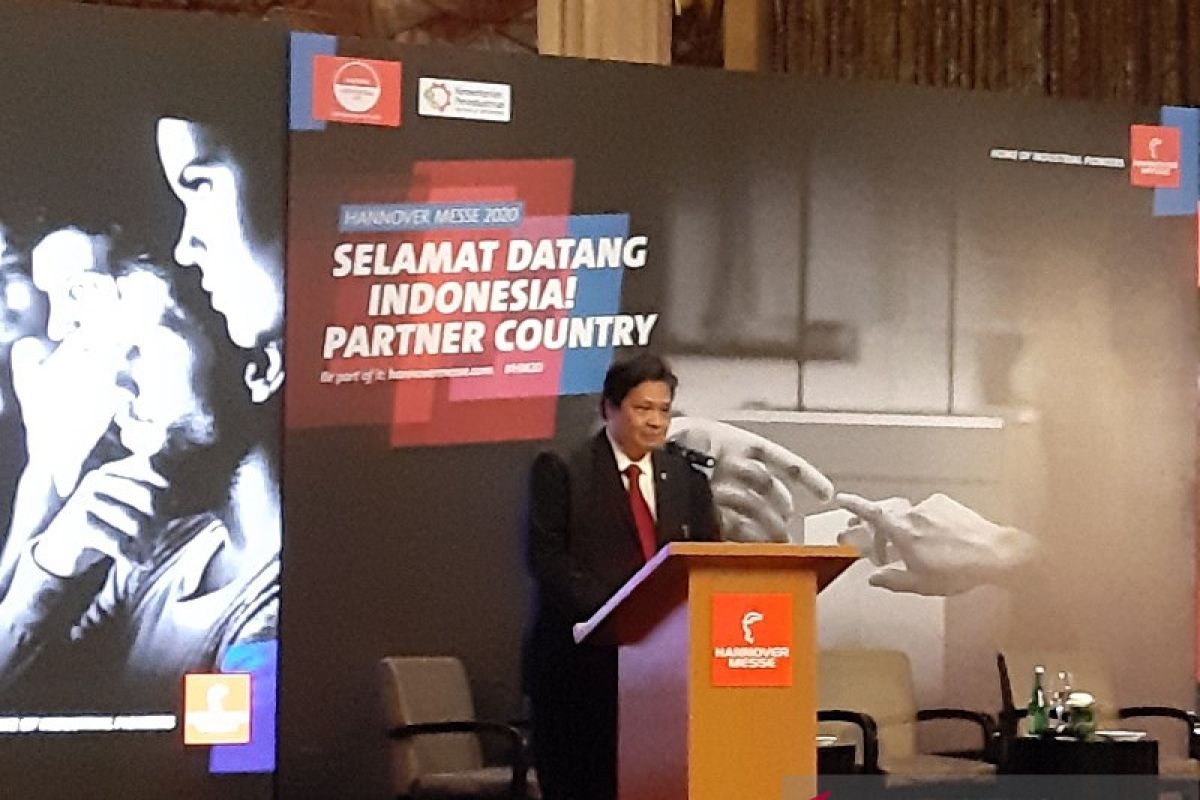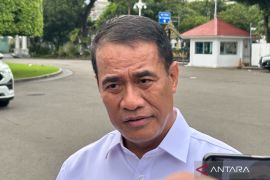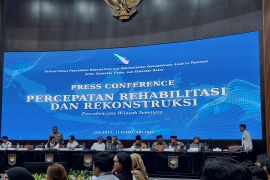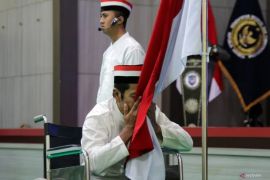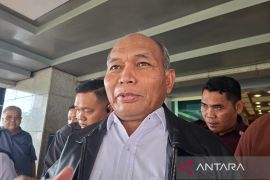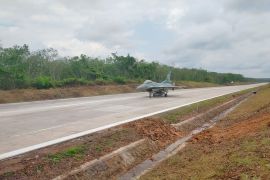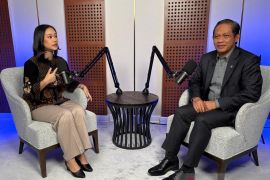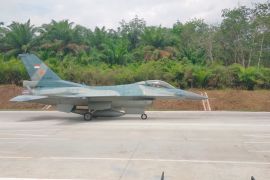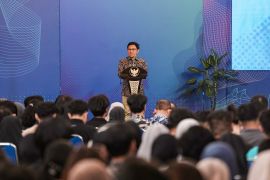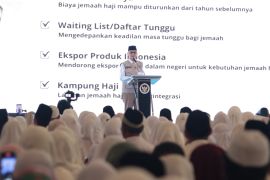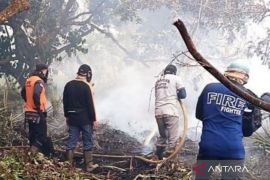Indonesia is well-known among many as a tourist destination, especially Bali, Flores, and Borobudur, and an agreeable location for holidaying.
However, not many are aware of the fact that Indonesia is a member of G20, one of the largest manufacturing economies in Asia and, by far, the largest economy within the Association of Southeast Asian Nations (ASEAN). The archipelagic nation also harbors aspirations of ranking among the top 10 economies globally by 2030.
"We are way beyond just a tourist destination. We, as a nation, are a large economy," Indonesian Ambassador to Germany Arif Havas Oegroseno told the media in Berlin in September 2019.
The ambassador believes that the true potential of Indonesia's economy is yet to be fully understood and grasped by the German public. Indonesia will have a huge opportunity to seize the relocation of industries.
Indonesia is also upbeat about bolstering its national brand to draw more foreign investors and establishing cooperation in the industrial sector.
After 1995, Indonesia has been re-selected as the official partner country of Hannover Messe. As an official partner country, Indonesia will occupy a 1,300-square-meter central pavilion and several thematic satellite pavilions.
In the presence of German Economic Minister Peter Altmaier, the Partner Country contract was inked in Jakarta on Nov 1, 2018, by Ngakan Timur Antara, acting director general of Industrial Resilience and International Access Development, Indonesia’s Ministry of Industry, and Dr Jochen Köckler, chief executive officer of Deutsche Messe AG.
Dr Jochen Kocler pointed to Indonesia's proposal to be the official partner country of Hannover Messe being well-received by the Deutch Messe and German Government.
"Indonesia is an emerging economic powerhouse, with strengths in manufacturing and energy. As the Hannover Messe partner country, this diverse nation will capitalize on the opportunities at hand to showcase itself as a reliable and cooperative investment location," Dr Kocler stated.
The Hannover Messe 2019, with Sweden, as the official partner country, recorded 211 thousand visitors from 98 countries, some 94 percent of whom were businessmen, while 66 were decision makers in their companies. During the five-day event, 6.5 million business deals were inked.
During Hannover Messe 2020 to be organized on April 20-24, Indonesia is indeed keen to showcase its capability in manufacturing, Industry Minister Airlangga Hartarto stated.
"Specifically, Indonesia, as an official partner country, will take center stage at the Hannover Messe," Hartarto remarked recently.
Indonesia's capability in the five priority sectors of Making Indonesia 4.0, notably in the textile, food and beverage, automotive, electronic, and chemical sectors, will be on full display for the world to see.
This will demonstrate that Indonesia has shifted from a commodity-based country to a manufacturing-based one, he emphasized.
This is in line with the road map of the government of President Joko Widodo (Jokowi) during his second presidential term that encourages the industrial and manufacturing sectors.
President Jokowi is scheduled to be present at the opening of the Hannover Messe 2020 in which 6,500 industries from 73 countries are expected to participate.
The "Making Indonesia 4.0" roadmap, launched by President Jokowi last year, outlines 10 national strategies to reinvigorate the manufacturing sector and the five priority industries.
Furthermore, Indonesia’s participation in the Hannover Messe is projected to boost investment in the manufacturing industry and the development of digital infrastructure.
German Ambassador to Indonesia Peter Schoof lauded Indonesia’s selection as the official partner of Hannover Messe.
Firstly, relations between Indonesia and Germany over the past few decades, especially in the area of economic cooperation, had remained sound and strong.
"Several German companies have been around since a long time in Indonesia. We continue to support this country to grow and develop, and we have also benefited greatly from the inspiration that exists in Indonesia," he noted.
The second rationale is Indonesia's huge potential that is apparent from the McKinsey research that shows the Indonesian economy currently ranked 16th in the world. In fact, it is projected to stand seventh in 2050.
"Indonesia has enormous natural resources and human capital and is supported by complete infrastructure. This is an opportunity for Indonesia," Schoof pointed out.
The third basis is that the Indonesian government has acted in the right direction in selecting the priority development program in future that pertains to human capital development.
"Human capital development is one of the most important conditions for Indonesia to be involved in the global supply chain that will certainly be able to increase added value and innovation," Schoof stated.
The trade volume between Germany and Indonesia had surpassed US$6 billion in 2017.
German exports to Indonesia chiefly comprised machinery, chemical products, measuring and control technology, electrical engineering, electronics, vehicles, and vehicular parts. In the meantime, Indonesia exports textile products, footwear, electronics, food, and raw materials to Germany.
Currently, over 250 German companies, including Festo, Robert Bosch, SAP, TV NORD, Siemens, MAN, ThyssenKrupp, BASF, Bayer, Daimler, and BMW, run businesses in Indonesia. Related news: "Making Indonesia 4.0" to face industrial revolution
Related news: President orders breakthrough to accelerate industry 4.0 roadmap
EDITED BY INE
Editor: Suharto
Copyright © ANTARA 2019
